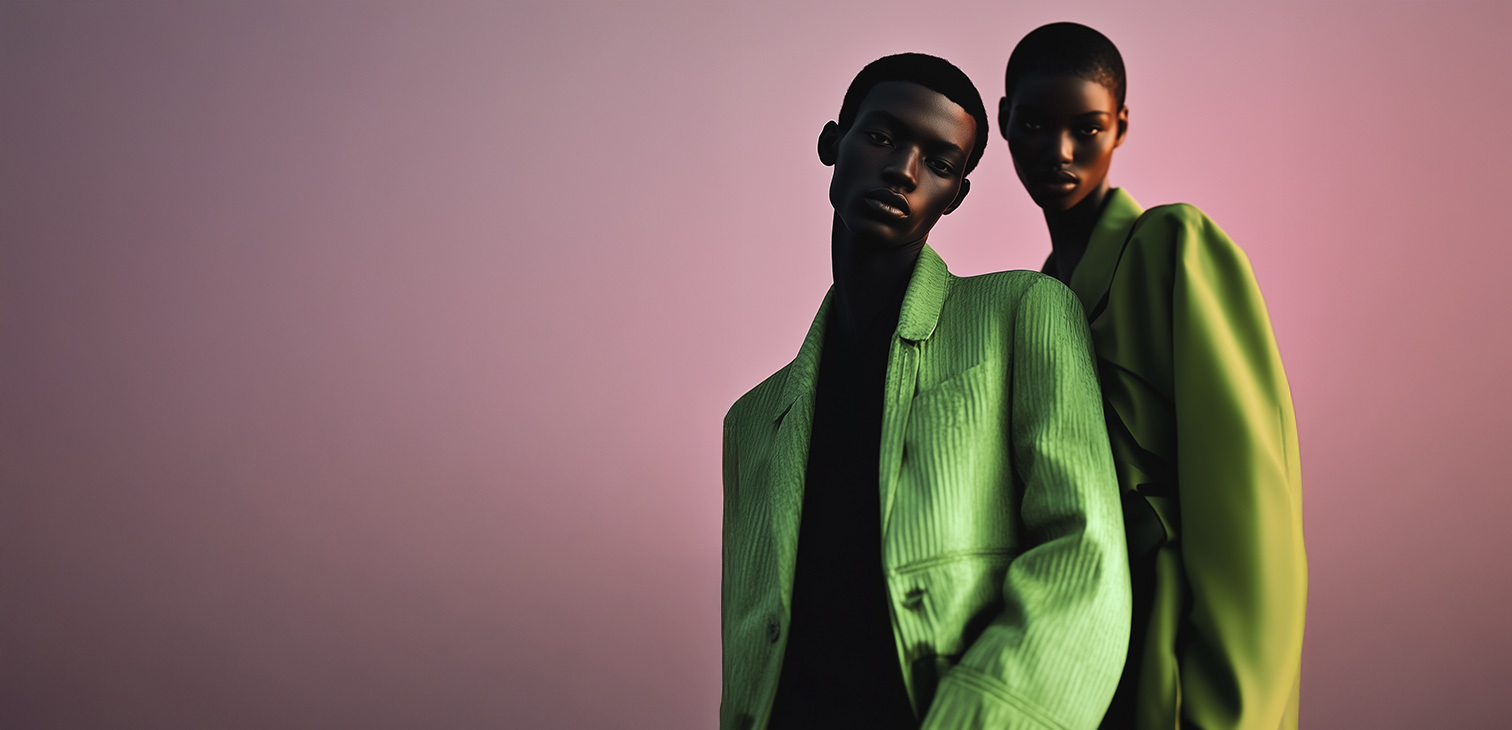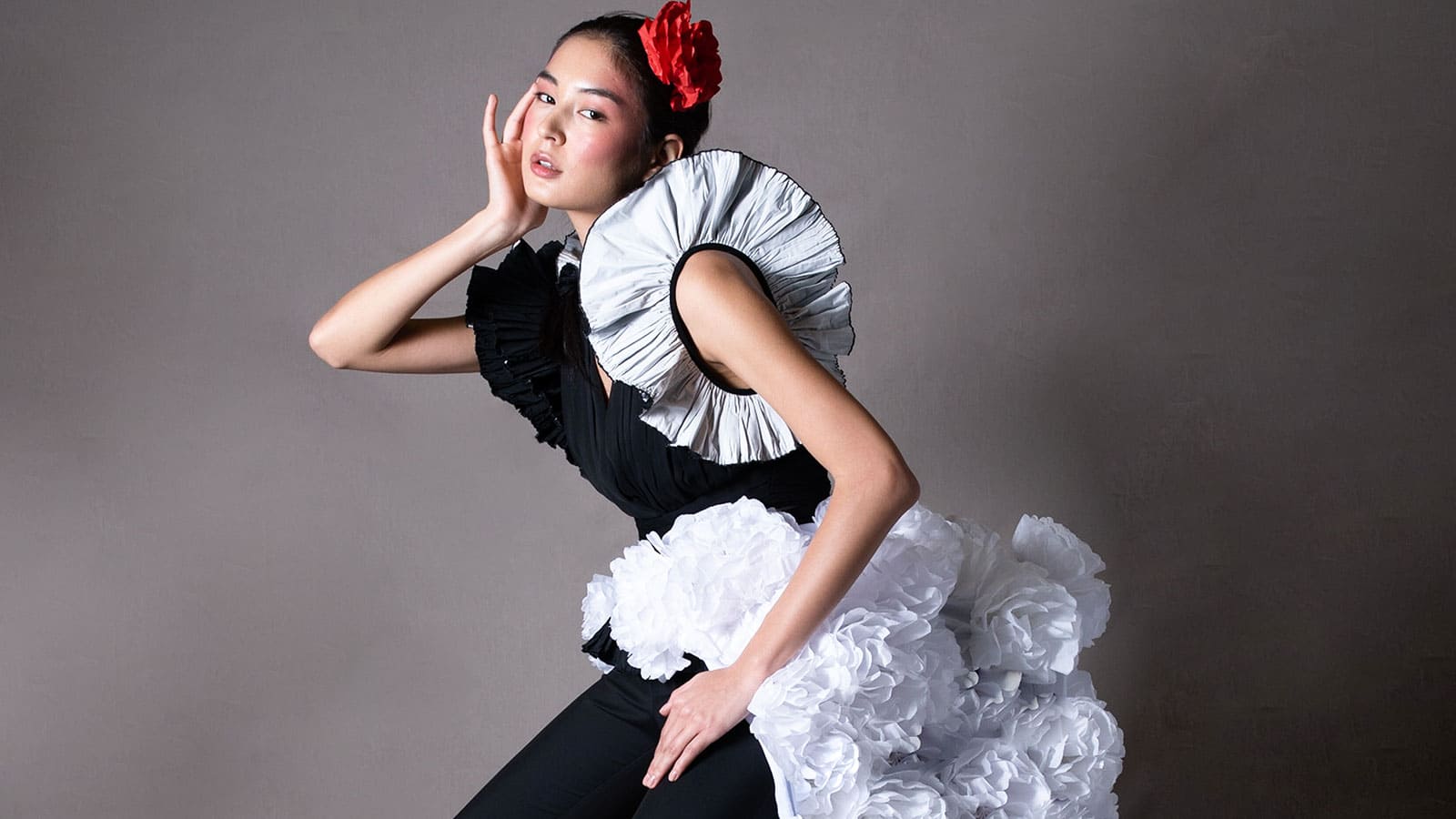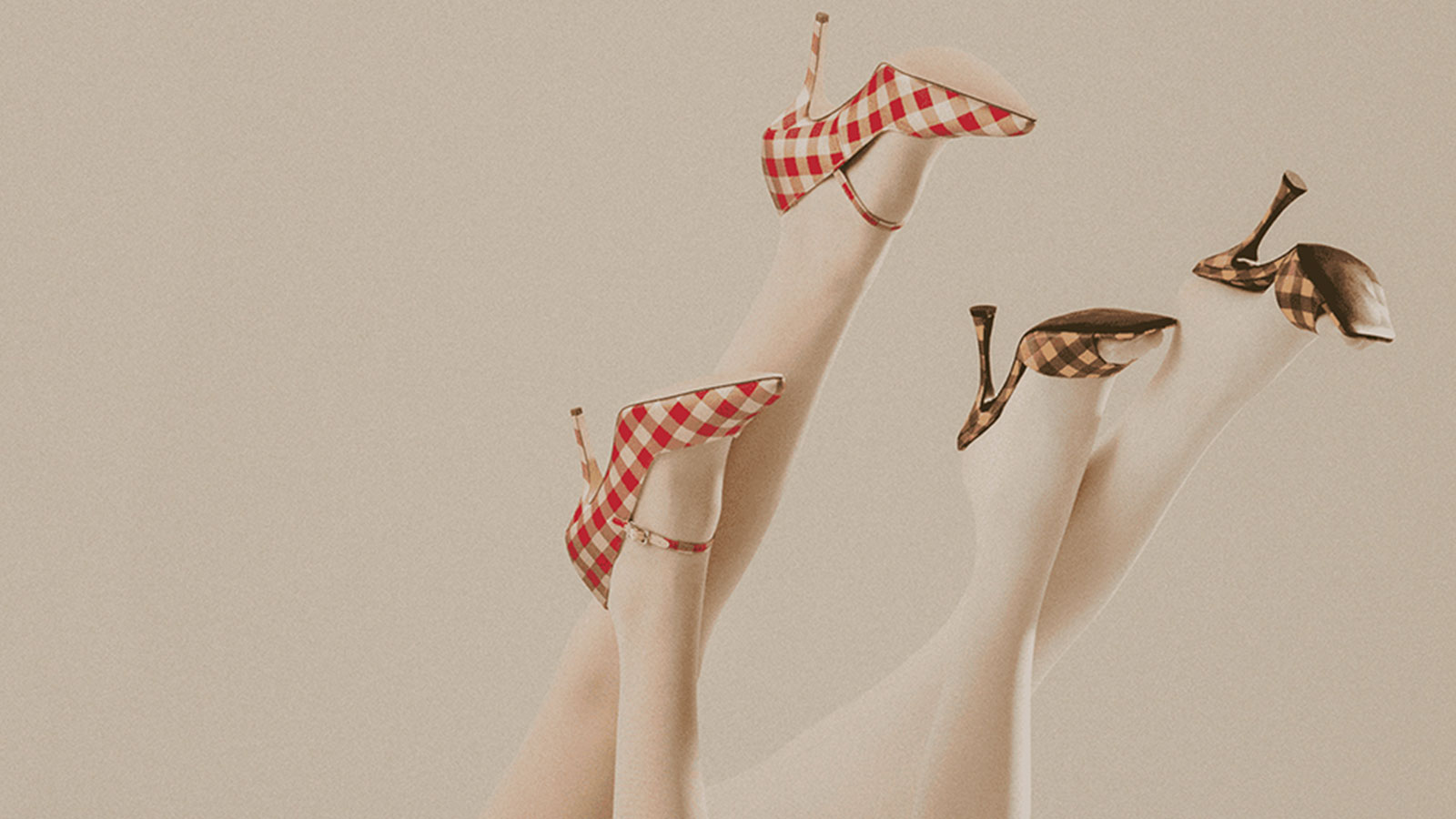- Fashion Courses
- Design Courses
- Art Courses
- Beauty
- Courses for Professionals
- Short Courses
- Schools
- Admission
- Maze35 Magazine
- Newsroom
- I'M Alumni
- Careers & Industry Relations
- University Partnerships
- Get in touch

Fashion Design Intensive
Working on a limited time frame, this intensive fashion course provides the key technical and theoretical concepts related to fashion design and the fashion industry, looking at womenswear, menswear and accessories design, as well as an introduction to the study of materials and fabrics, and research applied to the individual design process.
From freehand drawing techniques and the basics of clothing manufacture, participants quickly progress onto more technical aspects of fashion design such as fabric analysis, garment structure, and an introduction to manufacturing and production.
Participants learn how to analyse design and style in order to successfully and autonomously carry out individual creative research, key to developing innovative proposals, as well as managing the influences and needs of the market, or requests from a client brief or brand image. Today’s fashion designers are also researchers of creativity, constantly seeking inspiration for new design ideas.
One Year Courses + Master’s Courses
For students who choose combined programmes, will be deducted a tuition fee of the master programme.
Access to the combined programmes is subject to the possession of a university degree and to obtaining the one-year course certificate, according to the academic year and after approval by the admissions committee at the end of the one-year course.
Alongside illustration skills participants study new trends, and research and analyse the contemporary fashion business while reflecting on personal experience, culture, art and design as sources of inspiration. Participants of the Fashion Design Intensive Course are encouraged to develop their own individual ‘visual language’, expressing their style through professional presentation methods and via a final portfolio of designs, incorporating basic graphic design techniques in visual communication fundamental in today’s fashion and luxury markets.
The main notions of market research supports the creation of original ideas in different contexts and cultures, while trend analysis and forecasting skills show how to stay ahead of new movements and influences in fashion.
- Fashion illustration and collection design
- Cut and construction
- Fabric knowledge
- Communication skills
- Trends in the fashion industry
- Collection and brand analysis
- Research approaches
- Design portfolio presentation
With key fashion design skills participants are ready to move forward in the fashion design and luxury industries.
- Fashion designer
- Textile designer
- Fashion illustrator
- Fashion colourist
- Pattern maker
- Fashion consultant
- Fashion designer
- Textile designer
- Fashion illustrator
- Fashion colourist
- Pattern maker
- Fashion consultant
Working on a limited time frame, this intensive fashion course provides the key technical and theoretical concepts related to fashion design and the fashion industry, looking at womenswear, menswear and accessories design, as well as an introduction to the study of materials and fabrics, and research applied to the individual design process.
From freehand drawing techniques and the basics of clothing manufacture, participants quickly progress onto more technical aspects of fashion design such as fabric analysis, garment structure, and an introduction to manufacturing and production.
Participants learn how to analyse design and style in order to successfully and autonomously carry out individual creative research, key to developing innovative proposals, as well as managing the influences and needs of the market, or requests from a client brief or brand image. Today’s fashion designers are also researchers of creativity, constantly seeking inspiration for new design ideas.
One Year Courses + Master’s Courses
For students who choose combined programmes, will be deducted a tuition fee of the master programme.
Access to the combined programmes is subject to the possession of a university degree and to obtaining the one-year course certificate, according to the academic year and after approval by the admissions committee at the end of the one-year course.
Alongside illustration skills participants study new trends, and research and analyse the contemporary fashion business while reflecting on personal experience, culture, art and design as sources of inspiration. Participants of the Fashion Design Intensive Course are encouraged to develop their own individual ‘visual language’, expressing their style through professional presentation methods and via a final portfolio of designs, incorporating basic graphic design techniques in visual communication fundamental in today’s fashion and luxury markets.
The main notions of market research supports the creation of original ideas in different contexts and cultures, while trend analysis and forecasting skills show how to stay ahead of new movements and influences in fashion.
- Fashion illustration and collection design
- Cut and construction
- Fabric knowledge
- Communication skills
- Trends in the fashion industry
- Collection and brand analysis
- Research approaches
- Design portfolio presentation
With key fashion design skills participants are ready to move forward in the fashion design and luxury industries.
- Fashion designer
- Textile designer
- Fashion illustrator
- Fashion colourist
- Pattern maker
- Fashion consultant
- Fashion designer
- Textile designer
- Fashion illustrator
- Fashion colourist
- Pattern maker
- Fashion consultant
Working on a limited time frame, this intensive fashion course provides the key technical and theoretical concepts related to fashion design and the fashion industry, looking at womenswear, menswear and accessories design, as well as an introduction to the study of materials and fabrics, and research applied to the individual design process.
From freehand drawing techniques and the basics of clothing manufacture, participants quickly progress onto more technical aspects of fashion design such as fabric analysis, garment structure, and an introduction to manufacturing and production.
Participants learn how to analyse design and style in order to successfully and autonomously carry out individual creative research, key to developing innovative proposals, as well as managing the influences and needs of the market, or requests from a client brief or brand image. Today’s fashion designers are also researchers of creativity, constantly seeking inspiration for new design ideas.
One Year Courses + Master’s Courses
For students who choose combined programmes, will be deducted a tuition fee of the master programme.
Access to the combined programmes is subject to the possession of a university degree and to obtaining the one-year course certificate, according to the academic year and after approval by the admissions committee at the end of the one-year course.
Alongside illustration skills participants study new trends, and research and analyse the contemporary fashion business while reflecting on personal experience, culture, art and design as sources of inspiration. Participants of the Fashion Design Intensive Course are encouraged to develop their own individual ‘visual language’, expressing their style through professional presentation methods and via a final portfolio of designs, incorporating basic graphic design techniques in visual communication fundamental in today’s fashion and luxury markets.
The main notions of market research supports the creation of original ideas in different contexts and cultures, while trend analysis and forecasting skills show how to stay ahead of new movements and influences in fashion.
- Fashion illustration and collection design
- Cut and construction
- Fabric knowledge
- Communication skills
- Trends in the fashion industry
- Collection and brand analysis
- Research approaches
- Design portfolio presentation
With key fashion design skills participants are ready to move forward in the fashion design and luxury industries.
- Fashion designer
- Textile designer
- Fashion illustrator
- Fashion colourist
- Pattern maker
- Fashion consultant
- Fashion designer
- Textile designer
- Fashion illustrator
- Fashion colourist
- Pattern maker
- Fashion consultant
Working on a limited time frame, this intensive fashion course provides the key technical and theoretical concepts related to fashion design and the fashion industry, looking at womenswear, menswear and accessories design, as well as an introduction to the study of materials and fabrics, and research applied to the individual design process. From freehand drawing techniques and the basics of clothing manufacture, participants quickly progress onto more technical aspects of fashion design such as fabric analysis, garment structure, and an introduction to manufacturing and production.
Participants learn how to analyse design and style in order to successfully and autonomously carry out individual creative research, key to developing innovative proposals, as well as managing the influences and needs of the market, or requests from a client brief or brand image. Today’s fashion designers are also researchers of creativity, constantly seeking inspiration for new design ideas. Alongside illustration skills participants study new trends, and research and analyse the contemporary fashion business while reflecting on personal experience, culture, art and design as sources of inspiration. Participants of the Fashion Design Intensive Course are encouraged to develop their own individual ‘visual language’, expressing their style through professional presentation methods and via a final portfolio of designs, incorporating basic graphic design techniques in visual communication fundamental in today’s fashion and luxury markets. The main notions of market research supports the creation of original ideas in different contexts and cultures, while trend analysis and forecasting skills show how to stay ahead of new movements and influences in fashion. With key fashion design skills participants are ready to move forward in the fashion design and luxury industries.
One Year Courses + Master’s Courses
For students who choose combined programmes, will be deducted a tuition fee of the master programme.
Access to the combined programmes is subject to the possession of a university degree and to obtaining the one-year course certificate, according to the academic year and after approval by the admissions committee at the end of the one-year course.
One Year Courses + Master’s Courses
For students who choose combined programmes, will be deducted a tuition fee of the master programme.
Access to the combined programmes is subject to the possession of a university degree and to obtaining the one-year course certificate, according to the academic year and after approval by the admissions committee at the end of the one-year course.
In addition to illustration techniques, participants will study new trends, conduct research, and analyze the current fashion business, relating it to sources of inspiration drawn from their personal experience, culture, art, and design. They will be encouraged to develop their own "visual language," expressing their style through professional presentation techniques and a final portfolio of works, created using basic graphic design techniques applied to visual communication—now essential in the fashion and luxury markets. Key knowledge in market research will support the development of original ideas across different contexts and cultures, while trend analysis and forecasting activities will demonstrate how to keep up with the movements and influences shaping the fashion world.
- Fashion illustration and collection design
- Cut and construction
- Fabric knowledge
- Communication skills
- Trends in the fashion industry
- Collection and brand analysis
- Research approaches
- Design portfolio presentation
With key fashion design skills participants are ready to move forward in the fashion design and luxury industries.
- Fashion designer
- Textile designer
- Fashion illustrator
- Fashion colourist
- Pattern maker
- Fashion consultant
- Fashion designer
- Textile designer
- Fashion illustrator
- Fashion colourist
- Pattern maker
- Fashion consultant
Working on a limited time frame, this intensive fashion course provides the key technical and theoretical concepts related to fashion design and the fashion industry, looking at womenswear, menswear and accessories design, as well as an introduction to the study of materials and fabrics, and research applied to the individual design process.
From freehand drawing techniques and the basics of clothing manufacture, participants quickly progress onto more technical aspects of fashion design such as fabric analysis, garment structure, and an introduction to manufacturing and production.
Participants learn how to analyse design and style in order to successfully and autonomously carry out individual creative research, key to developing innovative proposals, as well as managing the influences and needs of the market, or requests from a client brief or brand image. Today’s fashion designers are also researchers of creativity, constantly seeking inspiration for new design ideas.
One Year Courses + Master’s Courses
For students who choose combined programmes, will be deducted a tuition fee of the master programme.
Access to the combined programmes is subject to the possession of a university degree and to obtaining the one-year course certificate, according to the academic year and after approval by the admissions committee at the end of the one-year course.
5% VAT must be added to all the fees
The total fees of the program combine the fee of module 1 (درهم AED 54.000) + module 2 (درهم AED 54.000)
APPLY NOWAlongside illustration skills participants study new trends, and research and analyse the contemporary fashion business while reflecting on personal experience, culture, art and design as sources of inspiration. Participants of the Fashion Design Intensive Course are encouraged to develop their own individual ‘visual language’, expressing their style through professional presentation methods and via a final portfolio of designs, incorporating basic graphic design techniques in visual communication fundamental in today’s fashion and luxury markets.
The main notions of market research supports the creation of original ideas in different contexts and cultures, while trend analysis and forecasting skills show how to stay ahead of new movements and influences in fashion.
- Fashion illustration and collection design
- Cut and construction
- Fabric knowledge
- Communication skills
- Trends in the fashion industry
- Collection and brand analysis
- Research approaches
- Design portfolio presentation
With key fashion design skills participants are ready to move forward in the fashion design and luxury industries.
- Fashion designer
- Textile designer
- Fashion illustrator
- Fashion colourist
- Pattern maker
- Fashion consultant
- Fashion designer
- Textile designer
- Fashion illustrator
- Fashion colourist
- Pattern maker
- Fashion consultant
.jpg)


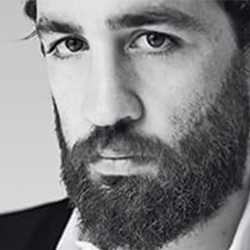
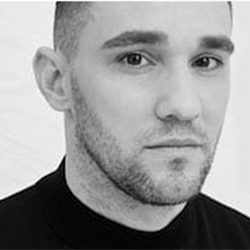
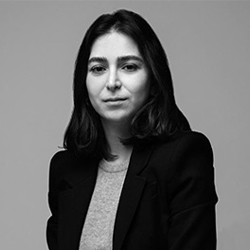

.jpg)




.jpg)




